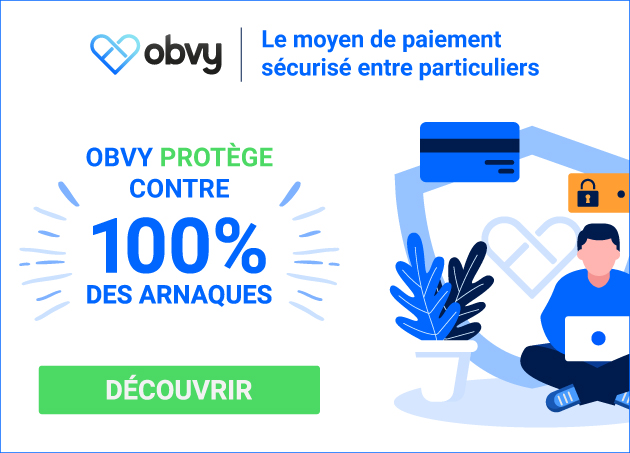Rare or Collector's Items: How to Avoid Being Ripped Off?
Rare and collectible items hold a special fascination for many enthusiasts. Whether it's rare stamps, ancient coins, works of art or collectors' items, the search for these unique treasures can be exciting and rewarding. However, this quest is not without risks, as the market for rare objects is often infiltrated by scams and counterfeits. To avoid being taken for a ride and losing considerable sums of money, it's essential to know how to protect yourself and the warning signs of a potential scam. In this article, we'll give you tips on how to avoid these never-ending scams.
Do some research
Before investing in a rare or collector's item, it's crucial to spend time researching and learning. Find out about the specific object you are interested in, its market value, history, characteristics and indicators of authenticity. Familiarise yourself with the marks, signatures, hallmarks, manufacturing techniques and distinctive features that can differentiate a genuine object from a counterfeit.
Consult the reviews
Before you buy a valuable second-hand item, don't hesitate to seek the expertise of recognised professionals in the field of rare and collectible objects. Experts can guide you, give you sound advice and help you assess an object's authenticity and value. Look for specialists, appraisers, museum curators or reputable auction houses. Their knowledge and experience are invaluable in avoiding scams and making informed decisions.
The authenticity of the object
Carefully examine the object's specific characteristics and markings to determine whether it is genuine. Look for signatures, stamps, certificates of authenticity, serial numbers or any other element that can attest to the object's origin and authenticity. If possible, consult online databases, reference catalogues or experts to validate the object's authenticity before making a purchase.
Be wary of offers that are too good to be true
Beware of tempting offers and prices that are too low for the real value of the item. Scammers often use attractive prices to entice potential buyers, but this may be a sign of a counterfeit or an inferior item. Be cautious and don't rush into a purchase without carrying out the necessary checks. If an offer seems too good to be true, it may be.
Inspect the object in person
If possible, examine the item in person before finalising the purchase. This will enable you to assess its condition, quality and provenance and detect any defects or alterations. Be sure to ask for detailed photographs of the item from different angles, including markings and signatures. If the purchase is made online, ask for guarantees of authenticity and reimbursement in the event of a problem.
Beware of sales pressure
Don't be swayed by sales pressure, tight deadlines or sellers insisting on closing the deal quickly. Take your time to examine the object, make the necessary checks and reflect on your decision. Scammers often use aggressive sales tactics to pressure buyers into making hasty decisions. Be patient and vigilant.

Secure your purchases with Obvy
We also advise you to use Obvy to secure your transactions.
Obvy offers a payment method specially designed to secure transactions between private individuals. Whether you are buying or selling between private individuals on ad platforms such as Leboncoin or Vinted, Obvy acts as a trusted third party to help you avoid any scams.
In the event of a counterfeit scam, you can quickly and easily return the product to the seller and get your money back. What's more, you'll have all the information you need about the seller in the event of legal action.
